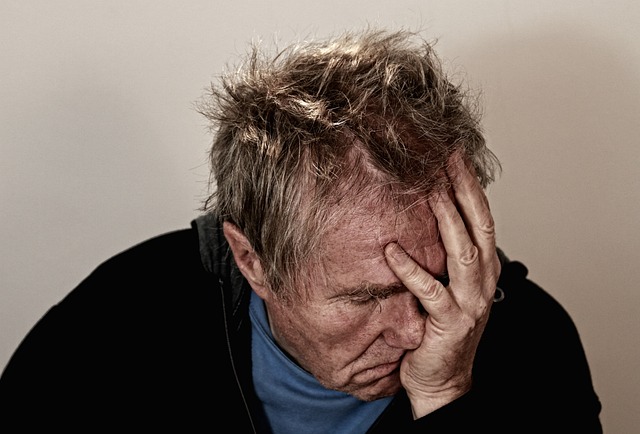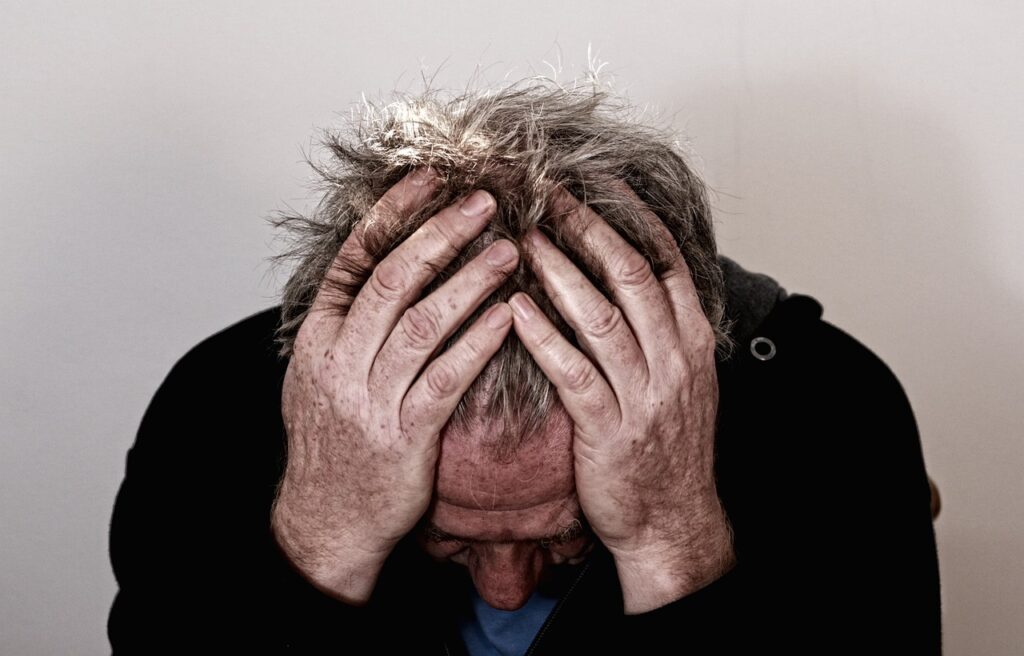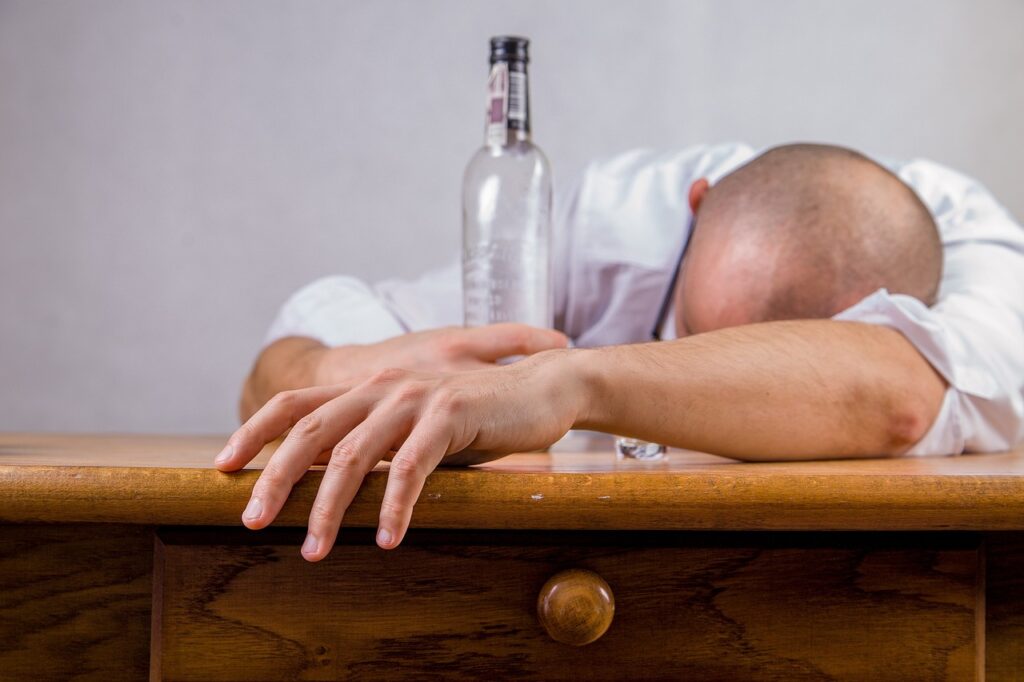20+ Years Experience
Specialist Private Alcohol Rehab

Binge drinking is the term used to describe excessive drinking or drinking to get drunk.
As we dive into the biomedical perspective of the dangers of excessive drinking, we’ll shed light on the perils, acute and chronic health risks, mental health implications, and its impact on young adults.
Moreover, we’ll explore tips for prevention, reduction, and seeking help, allowing you to make informed decisions about your own alcohol consumption.
Binge drinking is a widespread phenomenon that often goes unnoticed, especially in social settings.
Alarmingly, 24% of adults in England and Wales engage in binge drinking regularly, sometimes multiple times a month.
Excessive alcohol intake can lead to severe health risks including:
This excessive drinking not only affects the individuals indulging in it but also has ramifications on society.
The World Health Organisation (WHO) recognises alcohol as the seventh-leading risk factor for premature death and disability worldwide.
Given these alarming statistics, comprehension of the definition, prevalence, and factors contributing to binge drinking becomes vital.
Binge drinking, also known as binge alcohol consumption or binge drinking, is defined as a pattern of drinking alcohol that brings blood alcohol concentration (BAC) to 0.08% or higher.
For women, this translates to consuming eight or more drinks on one occasion, and for men, it means consuming ten or more drinks.
High-intensity drinking, which involves alcohol intake at levels two times or greater than the gender-specific threshold for binge drinking, poses even greater risks.
Such excessive alcohol consumption leads to significant short-term and long-term health risks for individuals.
Recent studies show that binge drinking accounted for 28.7% of males and 25.6% of females in England engaging in this behaviour on their most intense drinking day of the year.
Binge drinking is prevalent among individuals aged 18 to 24 and 65 or older.
Severe health and safety risks associated with high-intensity drinking warrant further research and applicable interventions.
Various biological, environmental, social, and psychological factors contribute to binge drinking.
The type of alcohol, pattern of consumption, duration of alcohol misuse, age, and diet of the drinker, polypharmacy, pre-existing comorbid conditions, genetic predisposition, and environmental toxins all play a role.
Additionally, environmental factors such as access to alcohol, availability, advertising, and social norms contribute to the prevalence of binge drinking.
Lastly, peer pressure, family history of alcohol use, and cultural influences serve as social determinants of binge drinking, while stress, depression, anxiety, and low self-esteem may be associated with the behaviour.
Binge drinking has immediate health risks, including:
The acute health risks are not exclusive to heavy drinkers alone; even occasional binge drinkers may face these dangers.
We need to examine these risks and their implications more closely.
Alcohol poisoning is a dangerous condition that arises when an individual consumes alcohol faster than their body can process it, leading to severe dehydration and requiring medical treatment.
Common indications of alcohol poisoning include:
If you suspect someone is experiencing poisoning from drinking alcohol, even if you’re unsure, place them in the recovery position on their side and dial emergency services.
Drinking can lead to a plethora of accidents and injuries with grave consequences. These risks include:
Moreover, alcohol-related accidents, including drunk driving accidents, are a major cause of sudden death among young adults.
The misuse of alcohol can also result in a wide array of health issues, including injuries and violence.
The impaired judgment and decision-making resulting from binge drinking can lead individuals to engage in risky behaviours.
These behaviours can range from unprotected sex, increasing the risk of sexually transmitted infections, to drunk driving, which endangers not only the individual but also others on the road.
Mitigating the harm caused by high alcohol intake necessitates an understanding of these potential consequences and the acute health risks of binge drinking, including acute alcohol consumption.
Binge drinking can have lasting effects on an individual’s health, leading to chronic conditions such as liver problems, cardiovascular problems and cognitive decline.
Exploring the chronic health effects of binge drinking reveals that the dangers go beyond the immediate aftermath of a binge drinking episode.
Liver disease, which includes conditions like fatty liver disease and cirrhosis, is caused by drinking too much and is the most widespread form of liver disease.
Indications of alcoholic liver disease may include:
Early detection is vital, as the presence of symptoms typically indicates that the liver has already been damaged and scarred, making it imperative to consult medical professionals if liver disease is suspected.
Drinking can result in temporary increases in blood pressure and increase the risk of new-onset atrial fibrillation and myocardial infarction.
While low amounts of alcohol consumption are often cited as cardioprotective, binge drinking poses a significant risk to cardiovascular health.
Making informed decisions about alcohol consumption, based on an understanding of these risks, can prevent potentially life-threatening cardiovascular issues.
Binge drinking can lead to lingering deficits in social, attention, memory, and other cognitive functions, particularly if it occurs during adolescence.
Functional imaging studies have indicated that binge-drinking adolescents display disadvantaged processing of novel verbal information and a slower learning slope.
These cognitive impairments can have lasting effects on an individual’s personal and professional life.
Binge drinking can have a profound impact on mental health, leading to depression, anxiety, alcohol use disorder, and interference with treatment and recovery.
Exploring the implications of binge drinking on physical and mental health reveals that the consequences of excessive alcohol consumption extend beyond physical well-being to psychological well-being.
Binge drinking is associated with a heightened risk of developing depression and anxiety.
Long-term binge drinking can result in an increased risk of developing chronic mental disorders, such as depression and anxiety.
Understanding this risk and seeking help for alcohol abuse is crucial to maintaining mental and overall well-being.
Reach out to a mental health services administration for support and resources.
Alcohol use disorder, encompassing alcohol abuse, drug and alcohol dependence, and addiction, is a pattern of alcohol use that can lead to significant impairment or distress.
Indications of alcohol use disorder, which is a form of substance abuse, may include:
Overcoming alcohol use disorder and leading a healthier life requires recognition of these signs and seeking help.
Drinking can interfere with treatment and recovery, posing several risks.
It may disrupt the efficacy of medications and therapies, impede the healing process, and raise the chance of relapse.
Moreover, binge drinking may impair judgment and decision-making, making it difficult to adhere to treatment plans and make beneficial decisions.
To overcome these challenges and achieve a successful recovery, it is vital to build a support network and seek help.
In order to stop drinking in excess and lower your annual total binge drinks, we recommend taking the following steps:
Young people are particularly susceptible to the negative effects of binge drinking, with approximately one in six adults aged 18-24 engaging in binge drinking four times per month, consuming an average of eight drinks per binge.
Drinking may adversely impact academic performance, lead to social and legal ramifications, and have long-term consequences for future success.
Binge drinking can have a considerable detrimental effect on academic performance. The impact of alcohol on the brain can result in:
These effects can lead to missed classes, poor time management, and lower grades overall.
To maintain academic success, it’s important to recognise these potential consequences and seek help for drug and alcohol dependence.
Binge drinking can lead to significant social and legal ramifications, including:
To maintain a healthy social life and avoid legal issues, it’s necessary to recognise these potential consequences and seek help for alcohol abuse.
Drinking beer can have lasting effects on an individual’s future success, as it increases the risk of heart disease, stomach ailments, memory loss, and liver damage.
Furthermore, people who binge drink alcohol may experience alcohol addiction, depression, and anxiety, which can have a detrimental effect on personal and professional achievement.
For achieving long-term success and well-being, it’s important to recognise these potential consequences and seek help for alcohol misuse.
Preventing and reducing binge drinking is possible with the right strategies and support.
Individuals can avoid the dangers associated with excessive alcohol consumption and lead healthier lives by:
Reducing binge drinking necessitates the essential steps of:
These steps can all help in preventing and reducing binge drinking.
Exploring alternatives to drinking alcohol can help in preventing and reducing binge drinking.
Non-alcoholic beverages such as soda, juice, and tea, as well as activities such as going for a walk, playing a game, or engaging in a hobby, can be enjoyable and sociable without the potential risks associated with alcohol consumption.
Making the switch to non-alcoholic beverages and activities can be a great way to reduce your alcohol consumption.
Reducing binge drinking requires the crucial step of constructing a support network.
Communicating with acquaintances and relatives regarding your drinking behaviour, joining support groups, and consulting a specialist if necessary can all help in establishing a strong support network that aids in avoiding the perils of binge drinking.
Having a strong support network can help provide accountability and guidance when it comes to making decisions.
Seeking help for binge drinking involves talking to a healthcare professional, finding local support services, and utilising online resources and self-assessment tools.
These resources can provide invaluable guidance, support, and information for individuals struggling with binge drinking, empowering them to overcome this dangerous habit and lead healthier lives.
For individuals struggling with binge drinking, consultation with a healthcare professional is of utmost importance.
Medical professionals can provide guidance, support, and resources tailored to the individual’s needs, helping them overcome the challenges associated with binge drinking and achieve successful recovery.
Drinking can have serious consequences, both physical and mental.
For individuals seeking help for binge drinking, finding local support services can serve as an invaluable resource.
Organisations such as Alcoholics Anonymous (AA) and Drinkline provide support, guidance, and resources to help individuals overcome binge drinking and maintain a healthy lifestyle.
Utilising online resources and self-assessment tools can aid in identifying areas for improvement, monitoring progress, and sustaining motivation in overcoming binge drinking.
From online quizzes and interactive tutorials to virtual simulations, these resources can provide tailored learning experiences and facilitate users in acquiring new skills to combat binge drinking.
Binge drinking is a dangerous habit with far-reaching consequences that encompass physical, mental, and social aspects of an individual’s life.
By understanding the risks, acute and chronic health risks, and mental health implications, individuals can make informed choices about their alcohol consumption.
With the right strategies, support network, and resources, overcoming binge drinking is possible, leading to a healthier and more fulfilling life.
The dangers of binge drinking include increased risks of accidents, violence, alcohol poisoning and even sexually transmitted diseases.
Thus, it should be avoided at all costs.
When you binge drink alcohol every day, you can damage your liver and brain.
Drinking alcohol every day can have serious effects on your health, such as liver damage, cancer, high blood pressure and brain damage.
It also increases the risk of chronic illnesses like liver and heart disease, and memory and learning problems.
A binge drinker is not necessarily an alcoholic.
However, it can be a sign of an emerging alcohol use disorder and is associated with health risks.
Binge drinking is defined as consuming eight or more drinks for women and ten or more drinks for men on one occasion, resulting in a blood alcohol concentration (BAC) of 0.08% or higher.
The short-term health risks you binge alcohol include alcohol poisoning, injuries, accidents, and potentially hazardous behaviour.
Binge drinking levels defined as men consuming five or more drinks and women consuming four or more drinks within two hours.
There are a range of other services that we can provide. Have a look at the list below for more information:


















We Aim To Reply To All Enquiries With-in 24-Hours